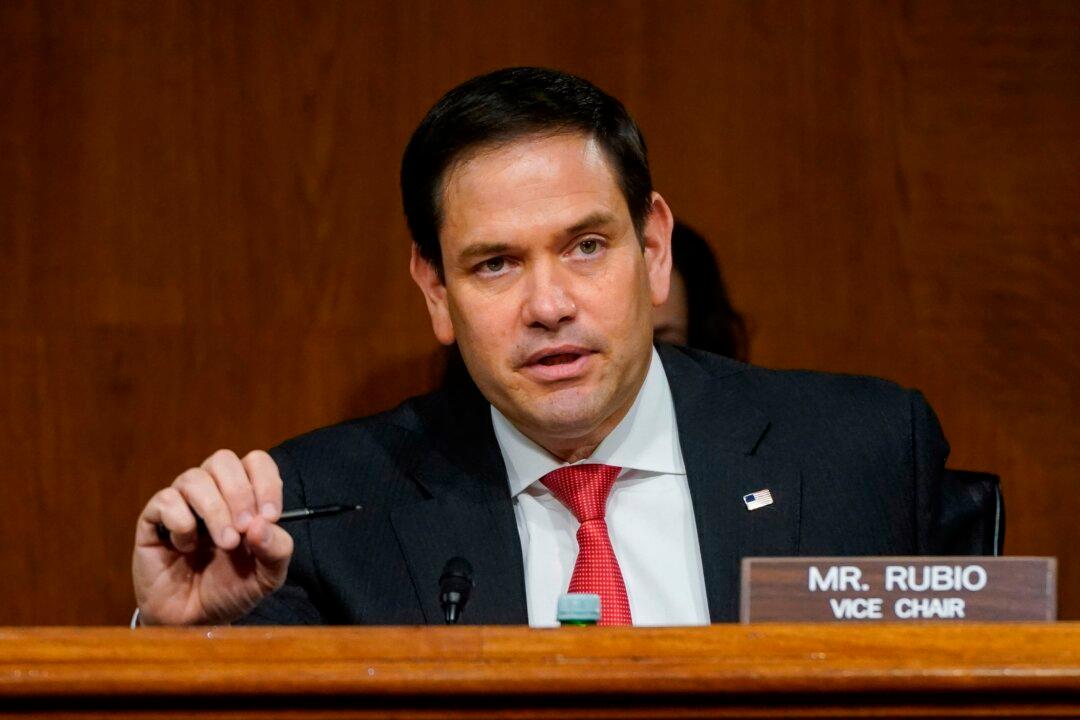Sen. Marco Rubio (R-Fla.) has urged 22 American universities to end their academic and research partnerships with Chinese schools that the Chinese Communist Party (CCP) has tasked with supporting Beijing’s military modernization.
“I remain deeply concerned by the PLA’s [People’s Liberation Army] aggressive campaign to infiltrate America’s research enterprise,” Rubio wrote in letters dated Feb. 8.




